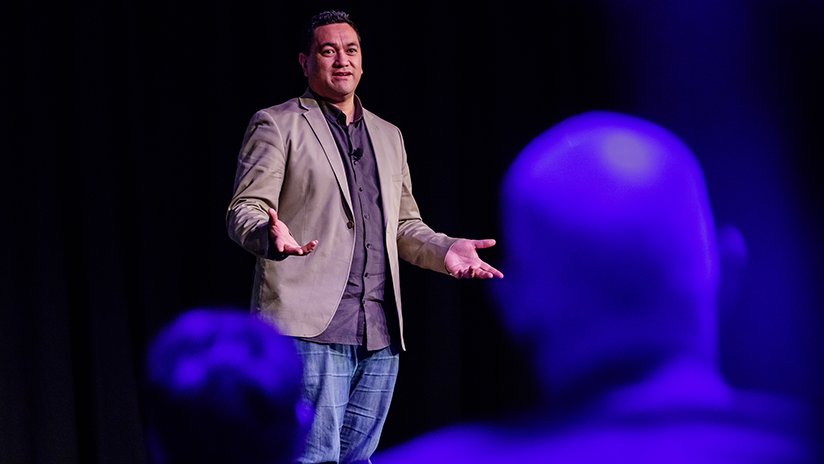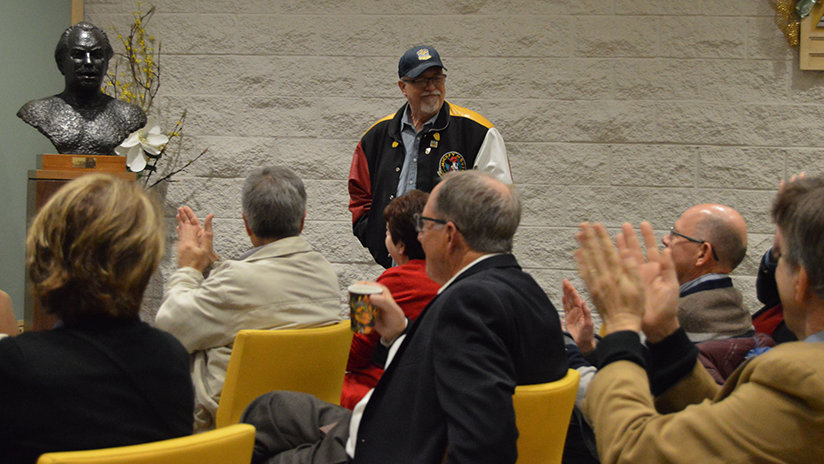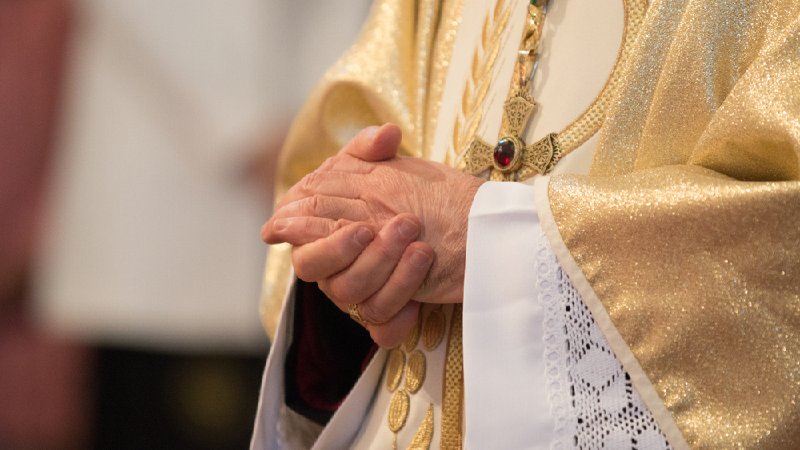
-
HOME
-
WHAT IS STANDOur Mission Our Values Our Help Contact
-
WHAT WE FIGHT FORReligious Freedom Religious Literacy Equality & Human Rights Inclusion & Respect Free Speech Responsible Journalism Corporate Accountability
-
RESOURCESExpert Studies Landmark Decisions White Papers FAQs David Miscavige Religious Freedom Resource Center Freedom of Religion & Human Rights Topic Index Priest-Penitent Privilege Islamophobia
-
HATE MONITORBiased Media Propagandists Hatemongers False Experts Hate Monitor Blog
-
NEWSROOMNews Media Watch Videos Blog
-
TAKE ACTIONCombat Hate & Discrimination Champion Freedom of Religion Demand Accountability
The Only Ones That Can Save Us
Time and again, whole peoples have put their trust and hope in their leaders, to their lasting regret. An individual from the extreme right or the extreme left stands up and calls out the evils he perceives around us and frightened masses flock to support him, hoping to be led to the promised land and away from their misery, uncertainty and hardship.
Too often, “the people” thus abdicate their own responsibility and hand over their power to those who claim to speak for them. Revolution or repression often follows and the result can be much worse than the turbulent scene from which the people sought escape. Witness the French Revolution, the overthrow of the czars, the rise of Nazi Germany and imperial Japan, the genocides of the Congo, the Sudan and the Balkan wars of the 90s, and more recently, the collapse of a once prosperous Venezuela into chaos.
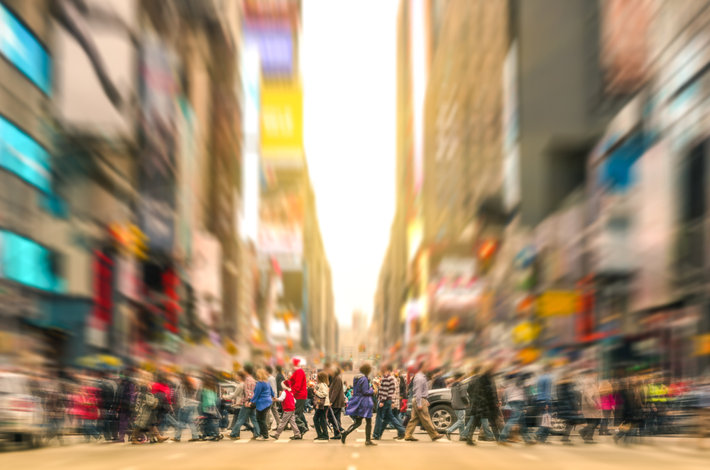
It is, indeed, very tempting, in a world which seems to have gone mad, to cast about for some leader one can place one’s faith in and then hand the problem over to him to “solve.”
What then does one do? A single, solitary individual of no apparent power or influence appears much like a leaf or twig swept along the maelstrom of life, seemingly unable to direct his own course, much less the course of civilization. It seems that the direction of one’s nation or the fate of the world should be left in “more capable hands,” as none of us feel competent enough to take on such a huge responsibility. So, what then?
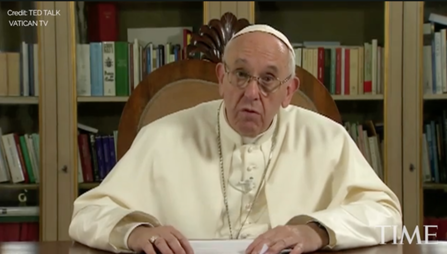
In a rare TED talk broadcast at the recent TED2017 in Vancouver, Pope Francis declared: “A single individual is enough for hope to exist, and that individual can be you. And then there will be another ‘you,’ and another ‘you,’ and it turns into an ‘us.’ And so, does hope begin when we have an ‘us?’ No. Hope began with one ‘you.’ When there is an ‘us,’ there begins a revolution.”
Speaking at the same Vancouver conference, Rabbi Lord Jonathan Sacks echoed the sentiment: “we’ve fallen into ‘magical thinking’ when we believe that electing a particular strong leader will solve all of our problems. When this kind of thinking dominates, we fall for extremis— on the far right or far left, in the extreme religious or extreme anti-religious.
If each of us does no more than his part—but does not shirk his duty nor assign responsibility to others—we become the force that will change the world for the better.
“The only people that will save us from ourselves is we, the people—all of us together,” Sacks says. “When we move from the politics of ‘me’ to the politics of ‘all of us together,’ we rediscover those beautiful, counter-intuitive truths: that a nation is strong when it cares for the weak, that it becomes rich when it cares for the poor, it becomes invulnerable when it cares about the vulnerable. That is what makes great nations.”
It is each individual taking a bit of responsibility that adds up to the sum of hope for a brighter future. If each of us does no more than his part—but does not shirk his duty nor assign responsibility to others—we become the force that will change the world for the better. Let us all then put our shoulders to the wheel, none taking on more burden than he can, but all pushing together in the same direction to achieve that better world.






